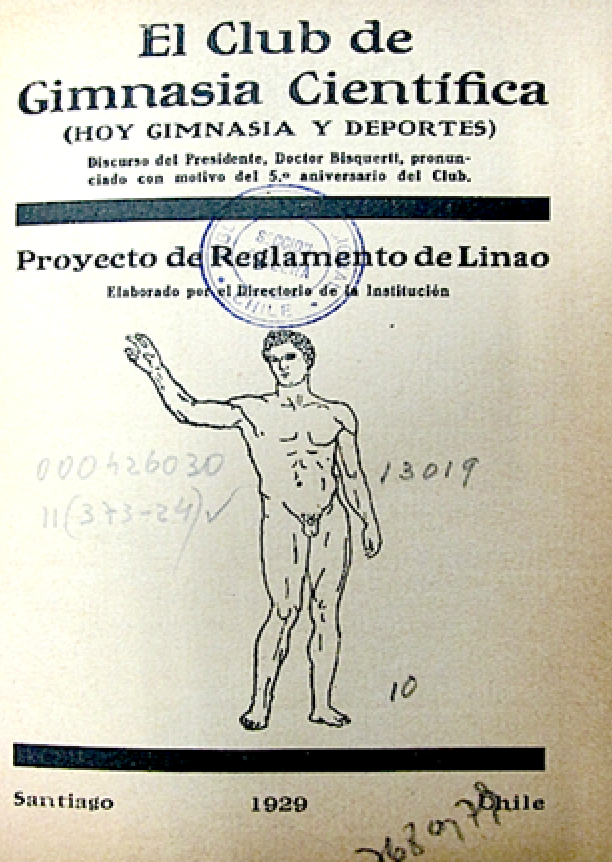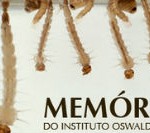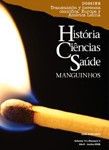May 2022

Christopher Hamlin is Professor of the John J. Reilly Center at University of Notre Dame – IN – USA.
Our current issue (HCSM, Jan-Mar 2022) features an interview with Christopher Hamlin carried out in November 2020 in which he explains how he became interested in the history of public health.
In eight books and numerous articles, Hamlin goes through the history of medicine, public health, ecology, the environment, natural theology, urban theology, technology, expertise, and science, as well as covering topics such as agriculture, development, and science and technology policy.

In 2010, his book Cholera: The biography was one of the British Medical Association’s highly commended books.
His works on the history of public health demand intense research, and his writing engages us in stories with political plots about decisions as diverse as institutional reform or the installation of drains. His objects of study and research problems involve complicated networks of philosophical thought, political science, and urban engineering, among other issues raised by policymakers during disputes about the implementation of their programs or the consolidation of their own state positions.
In this interview conducted by Rafael Mantovani, Professor of the Department of Sociology and Political Sciences at Universidade Federal de Santa Catarina, Brazil, Hamlin talks about the outcomes of epidemics, the relationship between trust in science and moral imagination, why historians use previous public health experiences to think about the present, the role of discipline and ideology in problem-solving arrangements to deal with public health issues, and his new article on legal medicine.
Hamlin, Christopher and Mantovani, Rafael. Politics, ideology, and medical theory: interview with Christopher Hamlin. História, Ciências, Saúde-Manguinhos [online]. 2022, v. 29, n. 1 [Accessed 3 May 2022] , pp. 185-194.








